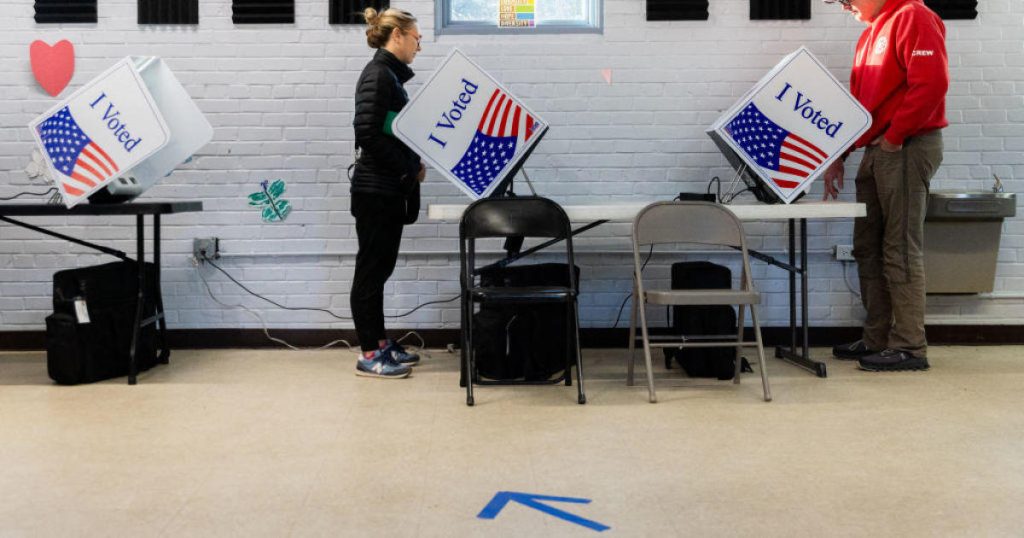A panel of federal district court judges in South Carolina has ruled that the 2024 elections for a congressional district in the state can be conducted using a map that was determined to be racially gerrymandered. The judges granted a request from South Carolina Republican legislative leaders to reinstate the lines for Congressional District 1 that GOP state lawmakers drew following the 2020 Census. The Republicans argued that changes to the district lines and election calendar would confuse voters and lead to disorder as the 2024 election cycle was already underway.
At least five candidates have filed to run in the primaries in Mace’s coastal district and have begun campaigning, along with the neighboring district represented by Democratic Rep. Jim Clyburn. The judges said that it was impractical to adopt a remedial plan for Congressional District 1 before the April 27 deadline for military and overseas ballots to be mailed, as the state’s primary elections were set for June 11. The district court had previously determined that the district is unlawful under the 14th Amendment, but with the primary election procedures approaching and the appeal before the Supreme Court still pending, practical considerations took precedence.
Republican leaders had sought emergency relief from the Supreme Court after the district court had not yet ruled on their request to reinstate the GOP-drawn lines for Congressional District 1. The GOP lawmakers had constructed the district to produce a stronger Republican tilt, leading to a narrow victory for Mace in 2020. However, Mace easily won reelection in the 2022 midterm elections after the new lines were enacted. The district court had initially blocked elections for Mace’s district until a constitutionally valid plan was approved and later gave the legislature until 30 days after the Supreme Court rules to submit new boundaries.
The Supreme Court had considered whether Republican lawmakers impermissibly used race as the predominant factor when drawing the lines for Congressional District 1 in October. Both GOP legislative leaders and the NAACP had asked for a ruling by January 1, but the court has yet to make a decision. It is unclear when the Supreme Court will rule in the case, but during arguments in the fall, a majority of the court appeared skeptical of the lower court’s decision. The South Carolina State Conference of the NAACP and a voter had challenged the GOP-crafted congressional voting map in federal district court during the 2021 redistricting cycle.















